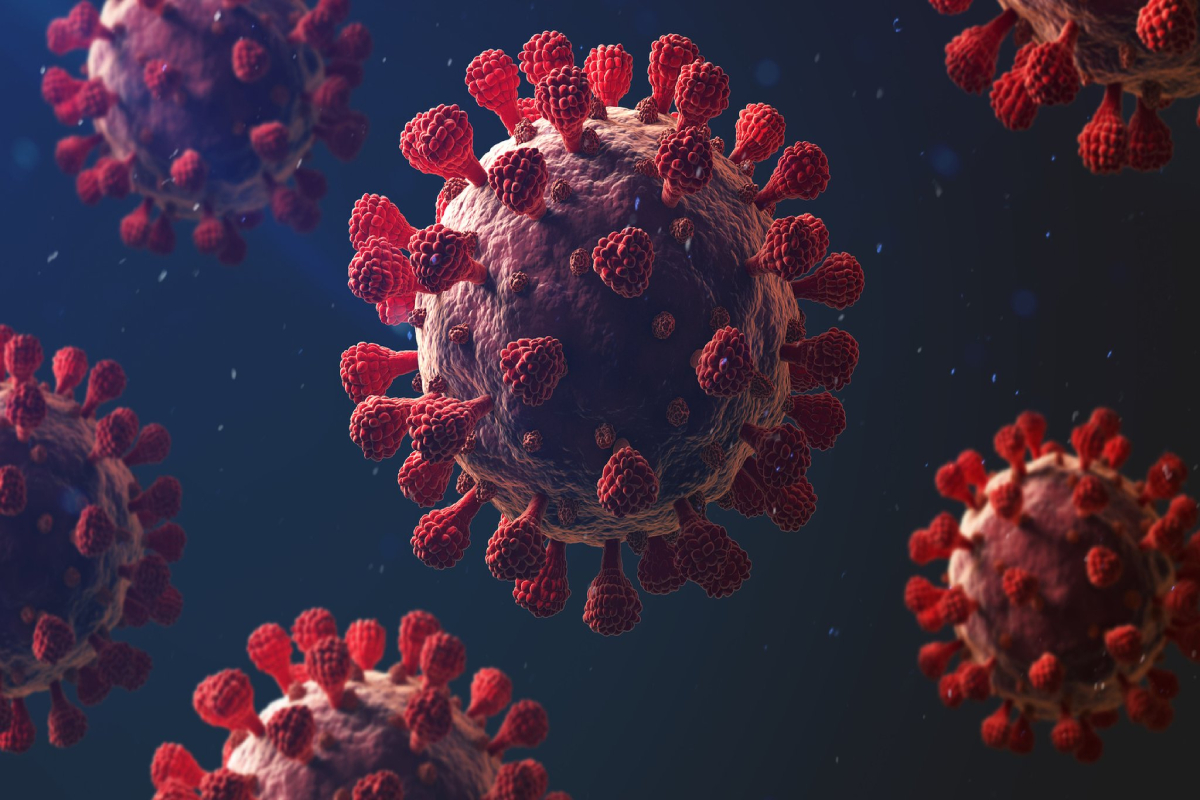Two JN.1, a sub-variant of Covid-19, cases were reported for the first time in Bengal. The current surge in the number of Covid patients is largely driven by the JN.1 across the country. The new sub-variant is highly infectious but not necessarily a serious disease, according to experts in public health in the city. According to the health ministry, 595 Covid-19 cases caused by the JN.1 have been reported so far in the country during the past two months.
The two cases detected in the state were among a batch of 26 samples of Covid patients sent from the School of Tropical Medicine (STM) to the central government-run National Institute of Biomedical Genomics (NIBG) in Kalyani of Nadia district during the end of December. “We have no such information about JN.1-infected cases in our state. The INSACOG (Indian SARS-CoV2 Genomics Consortium) portal has mentioned the two cases.
Advertisement
We will verify it with the health ministry,” Narayan Swaroop Nigam, principal secretary in charge of the health department, told The Statesman. Earlier, swab samples of 30 Covid-19 patients sent to the National Institute For Genome Sequencing were tested JN.1 negative. A senior administrative officer in NIBG said that they have urged the state health department to send swab samples of Covid-affected patients as much as possible to the institute for genome sequencing.
“Maximum JN.1 confirmatory tests are required for genome sequencing to find out whether there is a steep hike in JN.1 sub-variantinfected cases in the state. It takes around three to four days to get results of genome sequencing tests,” he said, pleading anonymity. The health department has started making visits to different state government medical colleges and hospitals to take stock of infrastructure facilities including human resource strength and critical care arrangements if Covid cases increase again after around 11 months since January.











